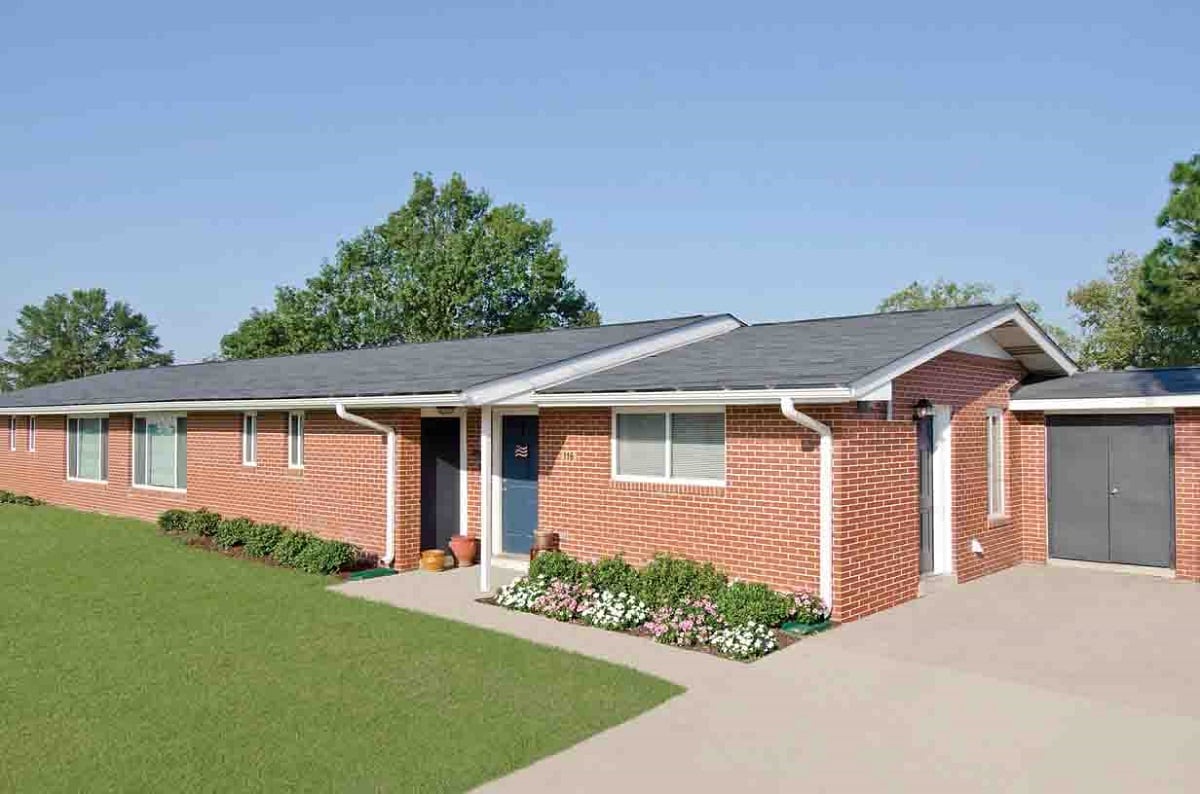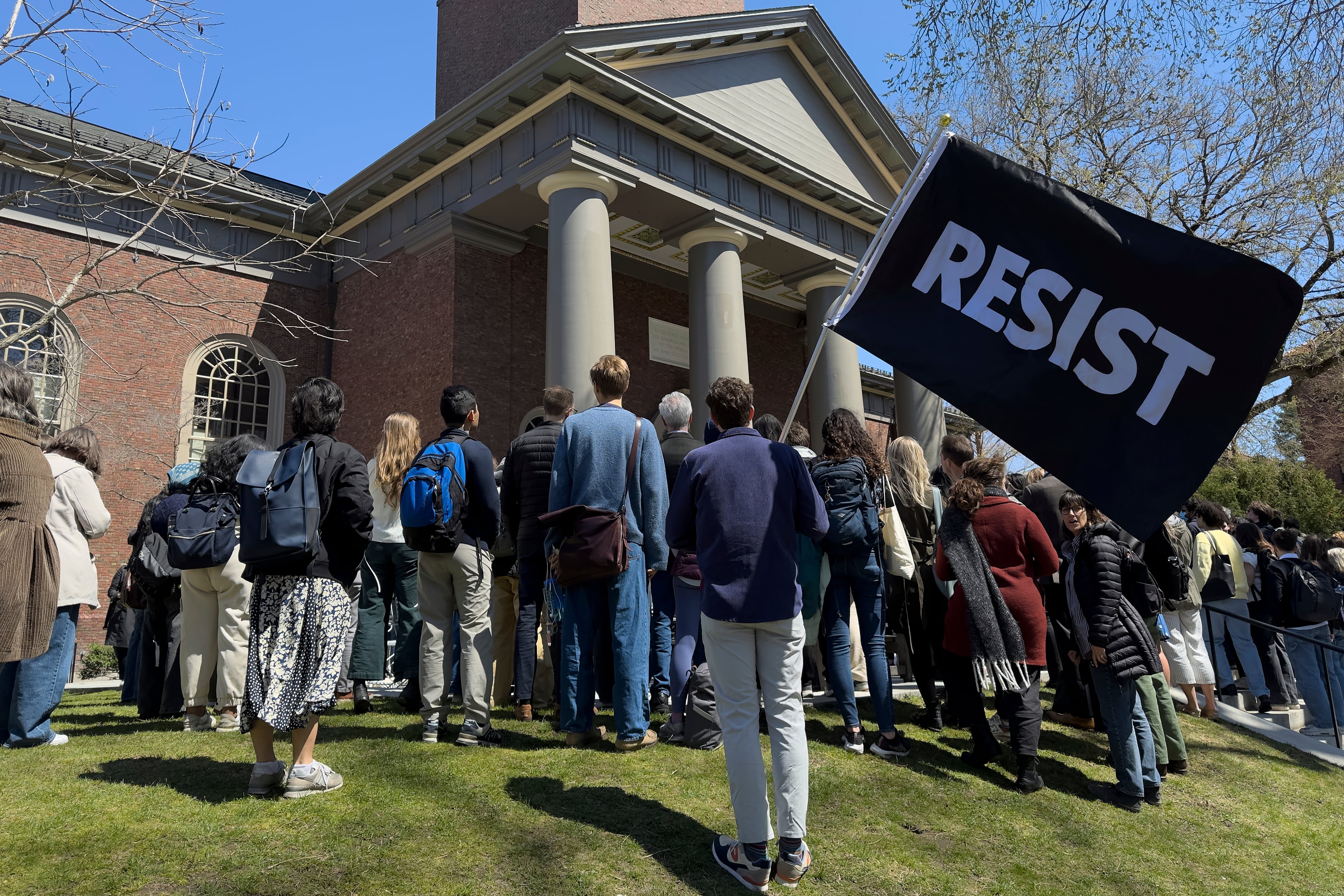Two Army housing surveys conducted this year by an independent third party showed a drop in overall satisfaction rates from 2018.
The overall satisfaction score for privatized housing dropped from 80.5 to 74.6 among thousands of respondents, meaning the score went from an overall rating in the “very good” category to one in the “average” category.
Ratings go from “outstanding” down to “very poor.”
Fort Bragg, North Carolina, was the lowest rated for privatized housing with a score of 58.9, or “very poor.”
Scores are not a percentile, but instead are calculated using a 1-100 scoring range.
For Army-owned and leased housing, the overall satisfaction score dropped slightly from 71.5 to 70.3. The lowest overall scores fell to Hawthorne Army Depot, Nevada, but much larger bases, like Stuttgart, Germany, fell into the “poor” range.
More than 100,000 residents were invited to participate in the surveys and 25,414 responded.
“We are absolutely committed to providing safe and secure housing on every installation,” Gen. Gus Perna, who helms Army Materiel Command, said in a statement. “We are taking action to earn back the trust of our housing residents, and holding ourselves and privatized housing companies accountable to provide a high-quality standard of living.”
Military housing, especially privatized accommodations, have been a major focus of Congress in recent months, since news reports emerged about serious problems at privatized military housing across the country.
Those reports found evidence of mold, vermin and lead contamination in multiple base family housing units, coupled with limited reaction from military officials to family complaints about the problems.
One survey focused on privatized housing, showing respondents were unsatisfied with pest control, landscaping, road conditions, parking areas, sidewalks and other common areas. Those respondents were more satisfied with the ease of the leasing process and the housing staffs.
The other survey dealt with Army-owned and leased housing. Respondents said they were least satisfied with the size and value of homes compared to off-post housing and how much follow-up occurs on problems they report.
Survey participants were most satisfied with the quality of maintenance work, the housing staff and feelings of safety and security.
In response to complaints earlier this year, the Army said in a statement that it held town hall meetings at each installation, established a Housing Environmental Health Response Registry to address health and safety concerns, improved work-order tracking systems, conducted walkthroughs of all houses, inspected all barracks and implemented 24-hour hotlines at each installation.
“Feedback from residents is extremely valuable for measuring and improving the quality of housing on Army installations,” Alex Beehler, assistant secretary of the Army for Installations, Energy and Environment, said in a statement. “The results of this year’s survey will be used to continue identifying the concerns of our residents, and will guide Army staff and the private housing companies on ways we can improve the quality of life for our Soldiers and their families.”
Both surveys were administered online by CEL & Associates Inc., an independent, third-party organization that also conducts housing surveys for the other military services and for the private sector.
Kyle Rempfer was an editor and reporter who has covered combat operations, criminal cases, foreign military assistance and training accidents. Before entering journalism, Kyle served in U.S. Air Force Special Tactics and deployed in 2014 to Paktika Province, Afghanistan, and Baghdad, Iraq.




